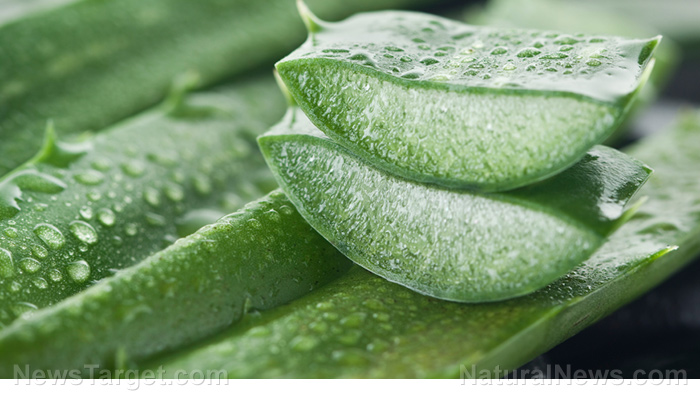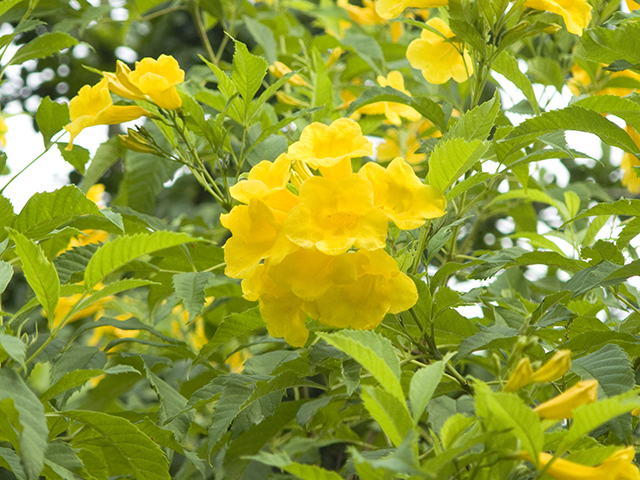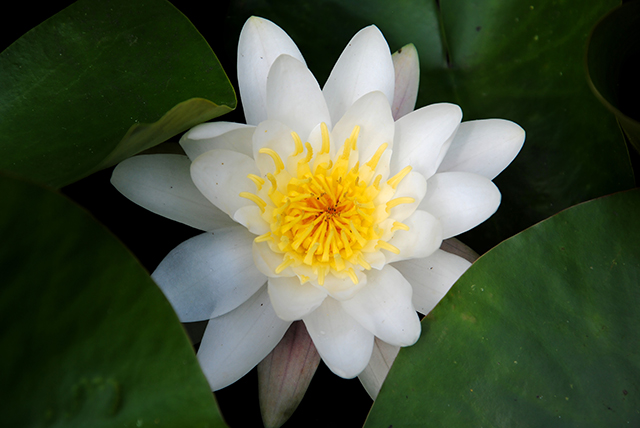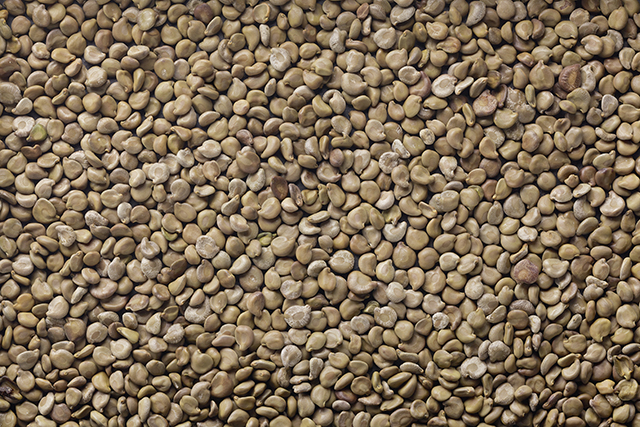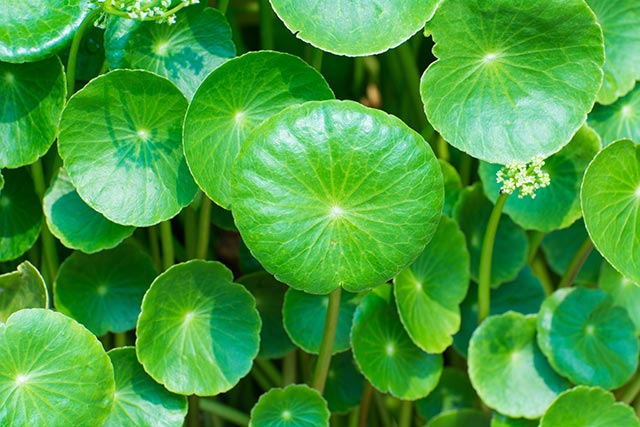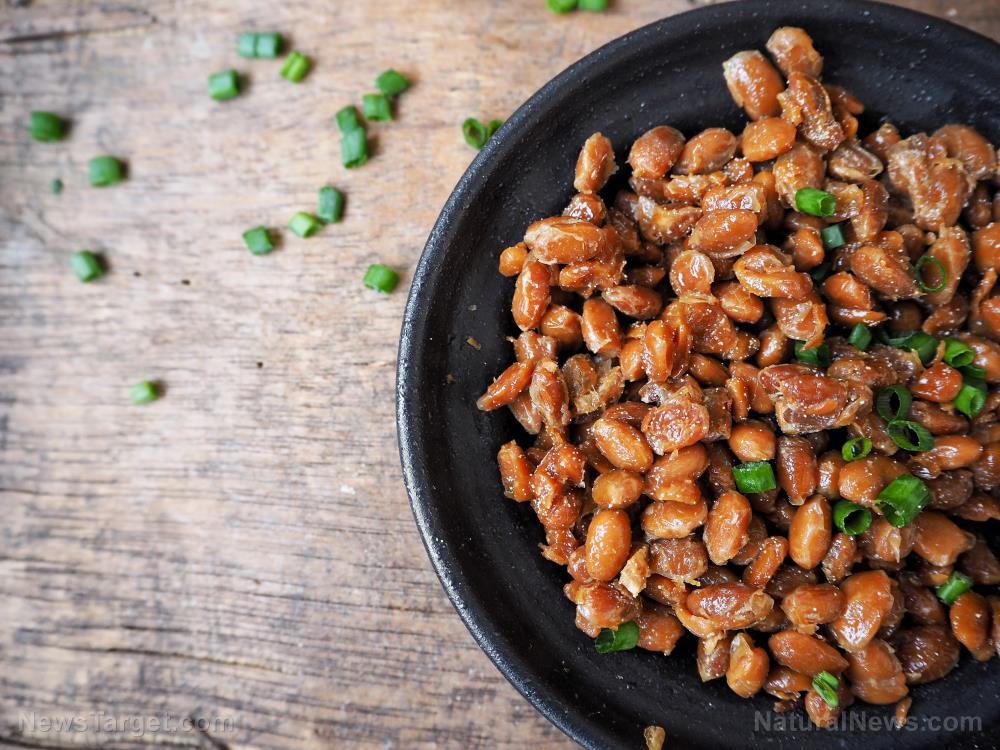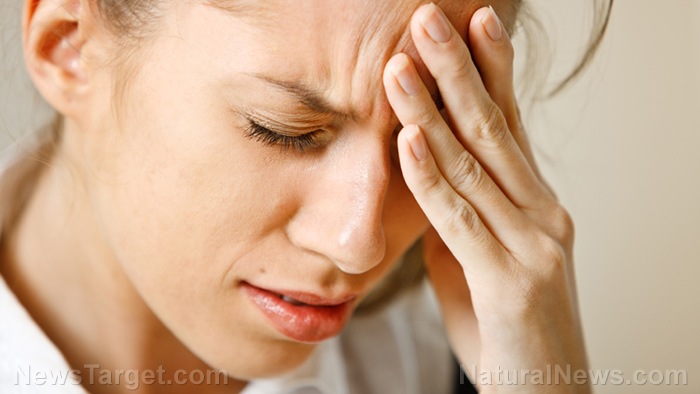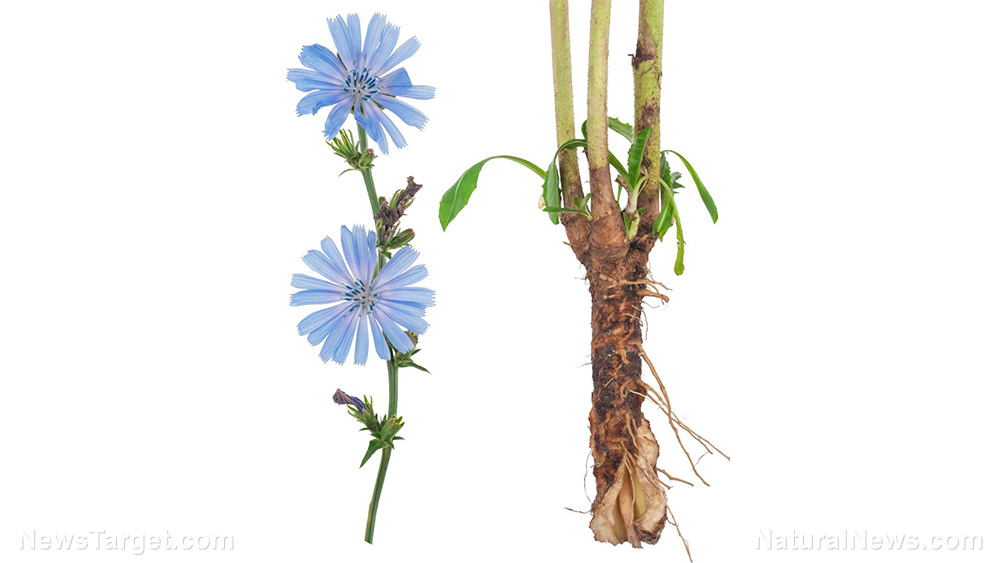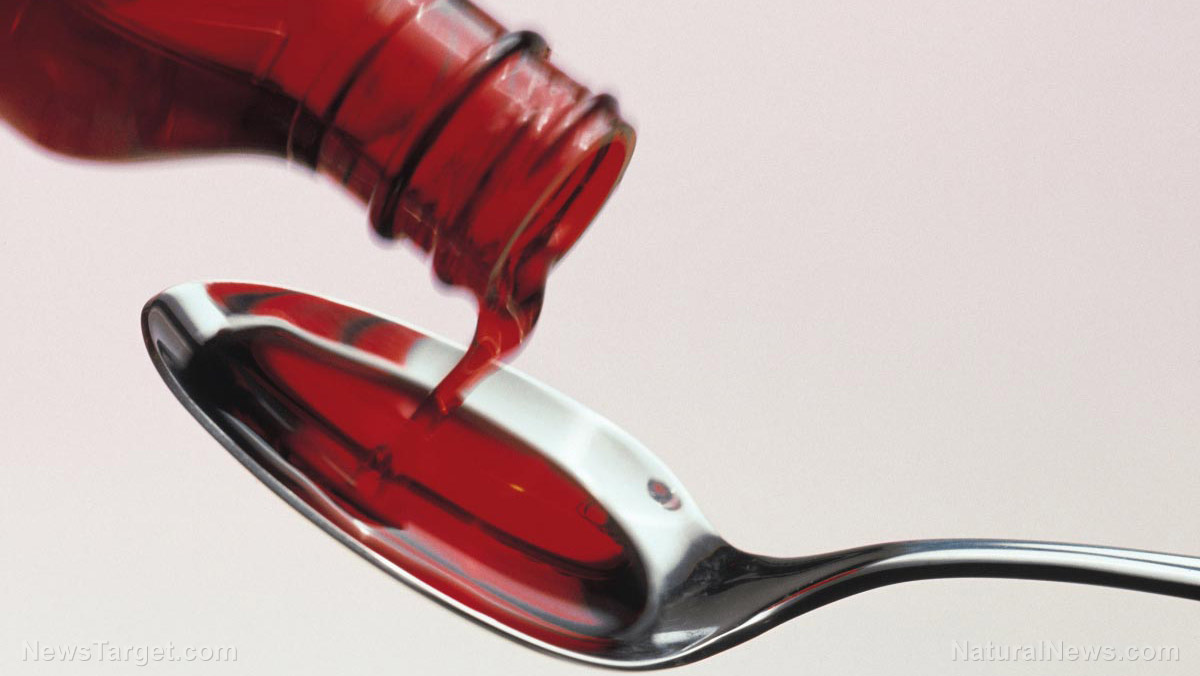The best herbal remedies for depression
11/17/2018 / By Ralph Flores

For a condition that affects over 16 million people in the U.S. every year, there’s still a lot that we don’t know about depression. In particular, some people equate extreme sadness to depression. This is not only an oversimplification, it’s also misleading as depression is much more nuanced and complex than simple unhappiness.
However, it’s the belief that taking antidepressants could reduce depressive symptoms which causes concern. Studies have shown that using these drugs can lead to a range of physical, emotional, and psychological side effects.
One of the more serious side effects of taking antidepressants is increased thoughts of suicide. However, it’s not just high-risk people that are affected by it: Even those without mood disorders harbor suicidal thoughts after taking antidepressants. In the U.K., a group of people who have taken such drugs appeared before Parliament to talk about the adverse effects, including suicidal thoughts, seizures, and other health issues.
Find the herb that’s right for you…
Fortunately, there are herbal supplements that are proven effective against depression — without the adverse effects. If you’re already taking prescription drugs for depression, consult with your healthcare provider before changing your medication. (h/t to BeBrainFit.com)
- Arctic root (Rhodiola rosea): This adaptogen — a term used for natural substances that combat stress — is native to cold regions, such as the Arctic or the mountainous regions of central China. It works by increasing the production of serotonin, norepinephrine, and dopamine, all of which impact a person’s mood. It can also improve depressive symptoms better than antidepressants, making it great for people whose depression is caused by seasonal affective disorder or those with accompanying fatigue and anxiety.
- Ashwagandha (Withania somnifera): Ashwagandha is regarded as one of the most important herbs in Ayurvedic medicine. It’s sought after these days because of its ability to effectively reduce the effects of the stress hormone cortisol. It’s also an adaptogen, and it’s great for people with depressive symptoms such as stress, anxiety, and insomnia.
- Chamomile (Matricaria recutita/Chamaemelum nobile): Popular as a tea, chamomile can benefit people who suffer from depression and anxiety. Aside from tea, it can be taken as a supplement or applied topically as an essential oil.
- Gingko (Ginkgo biloba): This herb has gone a long way, from being used in traditional Chinese medicine to being one of the most well-known supplements around the world. People first used it to improve their memory; however, recent studies have shown that it can be used to increase blood flow and improve the efficacy of mood-elevators like dopamine and serotonin. It’s also an effective adaptogen for lowering stress levels.
- Saffron (Crocus sativus): Real saffron is one of the most expensive spices in the world, mainly because of the challenges in harvesting it. However, studies have shown that it’s as good an antidepressant as Prozac.
- Turmeric (Curcuma longa): Curcumin, the active ingredient in this well-known Indian spice, isn’t just for reducing inflammation. It can improve brain function by boosting serotonin and dopamine, which are the body’s “feel-good” neurotransmitters. According to research, its effects are comparable to the popular antidepressant Prozac, making it especially useful for people with obsessive-compulsive disorder and major depressive disorder. One advantage that turmeric has over other herbal supplements for depression is that using it with prescription drugs enhances its effectiveness.
…and use some with caution
Indeed, many herbal treatments are beneficial for managing and treating depression, but there are some herbs that can make it worse. Here are two of the top offenders:
Mother Nature's micronutrient secret: Organic Broccoli Sprout Capsules now available, delivering 280mg of high-density nutrition, including the extraordinary "sulforaphane" and "glucosinolate" nutrients found only in cruciferous healing foods. Every lot laboratory tested. See availability here.
- St. John’s wort (Hypericum perforatum) — This herb is popular for treating mild and moderate depression, but it’s equally known for its side effects and negative interactions. For one, people who are under any medication should seek medical advice before taking St. John’s wort, as it has known interactions with more than 800 medications. It’s also a bad idea to take this herb with antidepressants since it causes a life-threatening reaction called serotonin syndrome. Studies have shown that taking St. John’s wort can result in similar complications as that of antidepressants.
- 5-HTP — This popular supplement for treating depression boosts serotonin levels — while reducing other neurotransmitters in the process. It also doesn’t play well with other herbal treatments, as it can lead to more health problems.
Depression is a condition that disproportionately burdens its sufferers, and using synthetic drugs only adds more to that burden. Using natural supplements is a safe and effective way to manage depression, without the unpleasant side effects.
Sources include:
Tagged Under: adaptogen, alternative medicine, Antidepressants, dangerous drugs, depression, depressive symptoms, herbal medicine, Herbs, mental, mental health, mind body science, natural cures, natural medicine, plant medicine, Prescription drugs, Prozac


